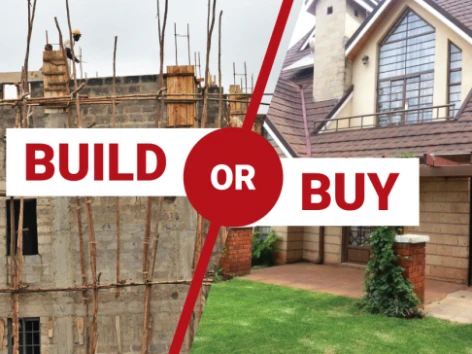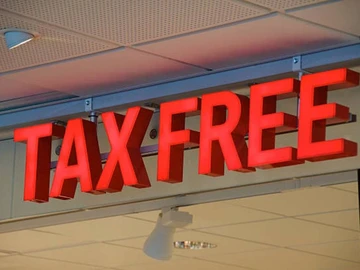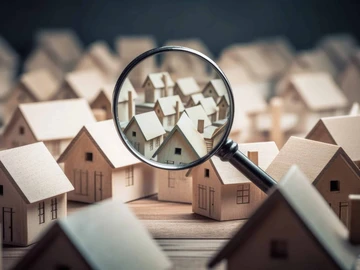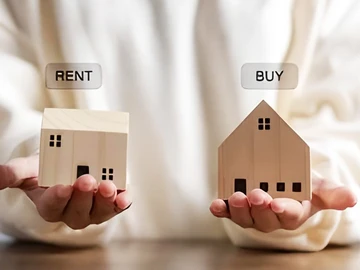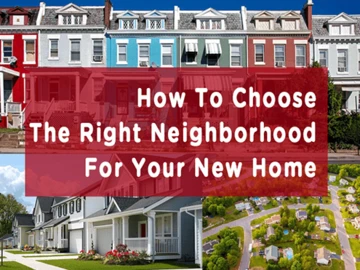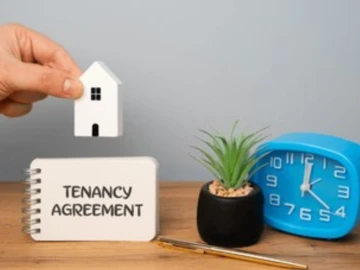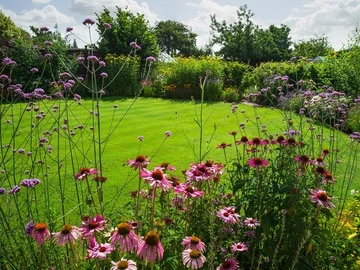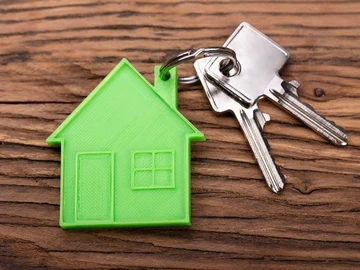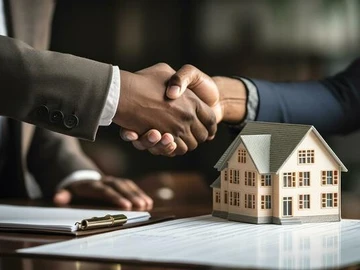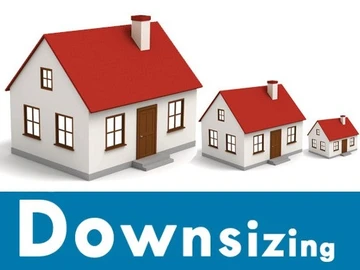Deciding between building a house from the ground up or buying an existing home is one of the biggest financial decisions you’ll make. In Zimbabwe, particularly in cities like Harare, Bulawayo, and Mutare, both options come with their own unique challenges and benefits. As of 2024, Zimbabwe’s real estate market has seen a steady rise in demand, with property prices increasing by an average of 8% year-on-year, especially in key areas like Borrowdale and Mount Pleasant.
This guide breaks down the key factors, including market statistics, to help you make the best decision for your needs.
Building a House: What to Consider
Pros of Building a House
- Customization: One of the biggest advantages of building your own home is the ability to customize it to your exact specifications. You can design the layout, choose materials, and create a space that fits your lifestyle. In Zimbabwe, more than 60% of new homebuilders prefer customizing their homes, especially in high-end suburbs like Borrowdale Brooke and Helensvale.
- New Construction: Building ensures everything is brand new. This eliminates the need for costly repairs or renovations and increases energy efficiency. According to the Zimbabwe National Statistical Agency, newly built homes are typically 15% more energy-efficient than older properties.
- Modern Amenities: Building allows you to incorporate the latest technology and eco-friendly solutions, such as solar power systems, which are becoming increasingly popular in areas like Greendale and Mount Pleasant. With over 70% of homes in Zimbabwe relying on alternative energy, integrating solar power into your new build adds long-term value.
- Location Flexibility: When building, you have the freedom to choose where you want to live. If you’re looking for a quiet plot in Glen Lorne or an expansive suburban lot, building offers more flexibility. As of 2024, available land for residential building in prime Harare suburbs like Borrowdale is limited, leading to increasing interest in suburban and rural developments.
Cons of Building a House
- Longer Timeline: Building a home in Zimbabwe can take anywhere from 12 to 18 months, depending on the complexity of the project and external factors like material availability and labor. For example, delays in the availability of materials like cement, which has seen price hikes of up to 10%, can slow down progress.
- Higher Costs: On average, building a house in Zimbabwe can cost 15% to 25% more than buying an existing property, depending on the location and materials used. In premium areas like Mount Pleasant or Vainona, land acquisition and labor can drive costs up significantly.
- Stress and Complexity: Building a home involves managing multiple stakeholders, from architects to contractors. A recent survey revealed that 40% of Zimbabweans building homes experienced unexpected challenges related to permits and construction delays.
- Potential Delays: Material shortages and weather conditions are common causes of delays. For example, recent supply chain disruptions have led to a 3-month delay in sourcing roofing materials, which has affected construction timelines across Harare.
Buying a Home: What to Consider
Pros of Buying a Home
- Move-in Ready: The average time to close a deal on an existing property in Zimbabwe is 45 to 60 days, making buying a faster option. With real estate markets booming in established areas like Borrowdale, many homes are ready for immediate occupation.
- Established Neighborhoods: Buying in areas like Avondale or Westgate gives you access to developed infrastructure. Zimbabwe's urban population has grown by 2.3% annually, increasing demand for homes in established neighborhoods with schools, shops, and public transport.
- Potential for Bargains: While property prices in Harare have risen, there are still opportunities to buy homes at competitive prices in areas like Eastlea and Mabelreign, where property values are increasing at a slower rate compared to hotspots like Borrowdale. In fact, properties in Eastlea have appreciated by just 5% compared to 12% in Borrowdale over the past year.
- Fixed Pricing: Buying an existing home offers certainty in terms of costs, unlike building, where unexpected expenses can arise. The average price for a house for sale in Harare’s northern suburbs is around USD 180,000 as of 2024, giving buyers a clear idea of the total cost upfront.
Cons of Buying a Home
- Limited Customization: You may not find a home that exactly matches your tastes. According to property.co.zw, 35% of home buyers in Zimbabwe end up investing in renovations within the first year of purchase to make the property feel more personalized.
- Older Systems: Existing homes may come with outdated plumbing, electrical, or roofing systems. Buyers in older neighborhoods like Milton Park or Belvedere should be prepared for additional expenses, as repairs can cost anywhere from USD 5,000 to USD 20,000, depending on the extent of the upgrades.
- Higher Maintenance Costs: Older homes generally require more maintenance. For instance, homes over 20 years old, especially in areas like Alexandra Park and Highlands, may need roof repairs, repainting, or appliance upgrades, increasing long-term costs.
- Competition in Hot Markets: In prime locations like Borrowdale, Greystone Park, and Ballantyne Park, buyers face intense competition. More than 40% of home sales in these areas result in bidding wars, which can push prices higher than expected.
How to Decide: Key Factors to Consider
- Budget: Building costs in Zimbabwe average around USD 500 to USD 800 per square meter, while buying an existing home in sought-after areas like Mount Pleasant averages USD 180,000 to USD 250,000. Compare these figures to determine which option fits your financial situation.
- Timeline: If you need to move quickly, buying is the better option. Property.co.zw reports that the average home purchase in Zimbabwe takes 3 months, while building can take significantly longer.
- Location: Prime land for building is becoming scarce in areas like Borrowdale, where land prices have risen by 7% annually. If you want to live in a premium neighborhood, buying might be your only option.
- Lifestyle: Your lifestyle should guide your decision. If you value customization and are willing to invest time and effort into building, creating your own home may be the ideal choice. On the other hand, buying offers immediate access to established neighborhoods and convenience, which appeals to many.
Conclusion
Choosing between building a home or buying an existing property in Zimbabwe depends on your budget, timeline, and lifestyle preferences. With property prices rising steadily particularly in Harare’s northern suburbs both options come with pros and cons. Whether you're looking at houses for sale in Borrowdale or considering building on a plot in Glen Lorne, weigh the statistics and benefits to make the right choice for your future.
For more information on building or buying a house in Zimbabwe, visit property.co.zw, your trusted real estate platform.
 Continue with Facebook
Continue with Facebook
 Continue with Email
Continue with Email

